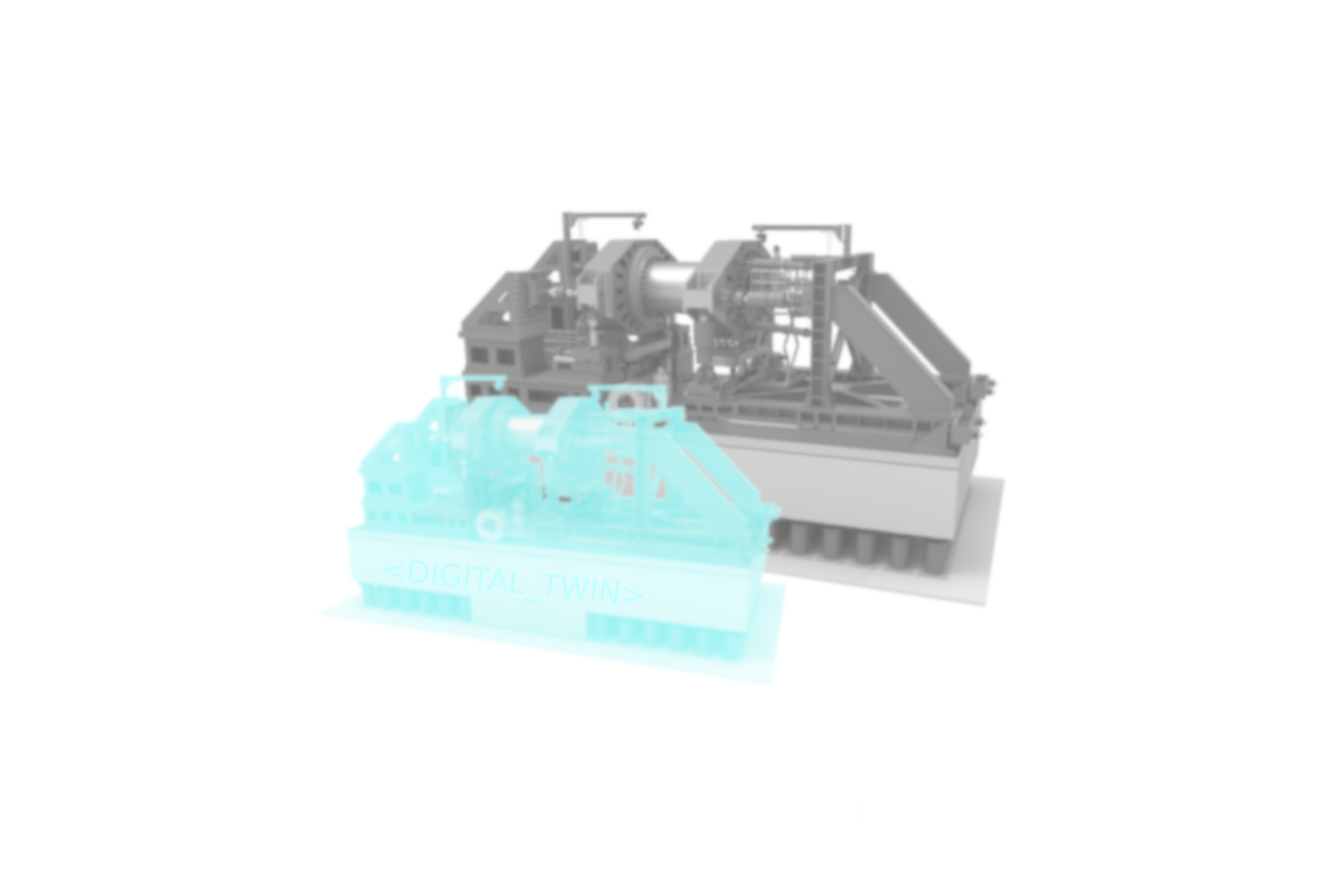Das Forschungsprojekt GEMIMEG-II erhält 12 Millionen Euro Förderung vom Bundeswirtschaftsministerium und will Standards für eine sichere Datenkommunikation für die deutsche Wirtschaft entwickeln.
Damit das hohe Qualitätsniveau „Made in Germany“ auch in einer digitalisierten Welt gilt, hat die Physikalisch-Technische Bundesanstalt (PTB) gemeinsam mit weiteren Forschungspartnern und Unternehmen das Projekt GEMIMEG-II ins Leben gerufen, das vom Bundesministerium für Wirtschaft und Energie (BMWi) mit 12 Millionen Euro gefördert wird. Unter dem Titel „Sichere und robuste kalibrierte Messsysteme für die digitale Transformation“ wollen die 13 beteiligten Partner verlässliche Standards erarbeiten, um in den Prozessen der Qualitätsinfrastruktur eine verlässliche Kommunikation digitaler Daten, Informationen und Zertifikate sicherzustellen. Die Laufzeit des Projektes beträgt drei Jahre. Übergreifendes Ziel ist es, die digitale Transformation voranzutreiben und den Wirtschaftsstandort Deutschland zu stärken.
Durch den digitalen Datenverkehr entstehen nahezu täglich Möglichkeiten für neue Geschäftsmodelle wie den Handel mit Messdaten oder neue Dienstleistungen. Ganze Produktionsabläufe in der Industrie sind bereits vollständig vernetzt oder haben digitale Zwillinge in der Cloud – Stichwort Industrie 4.0. Auch Messgeräte sind bereits heute untrennbar mit digitaler Technik und automatisierter Datenverarbeitung verzahnt. Dieser Umbruch fordert das ausgeklügelte System der Qualitätsinfrastruktur in hohem Maße heraus.
Um auch weiterhin die Sicherheit von und das Vertrauen in Messwerte garantieren zu können, treibt die PTB die Digitalisierung im Messwesen wesentlich voran: Innerhalb des GEMIMEG-Arbeitsprogramms spielt die Einführung des in der PTB entwickelten Digitalen Kalibrierzertifikats in internationale Metrologieinstitute und -gremien eine zentrale Rolle. Ein Digitales Kalibrierzertifikat enthält Kalibrierinformation in einer für Computer verständlichen Struktur und kann mit einem digitalen Siegel gesichert werden. So können die enthaltenen Informationen direkt in digitalen Systemen ausgelesen und automatisiert weiterverwendet werden.
Einen weiteren Schwerpunkt bilden die Arbeiten zur Erstellung von digitalen Zwillingen, zum Beispiel für die im Aufbau befindliche 20 MNm-Drehmomentnormalmesseinrichtung im Kompetenzzentrum für Windenergie. Um diese zentralen Aufgaben bewältigen zu können, wurden für die Dauer des Projektes zehn zusätzliche Stellen geschaffen.
Unter den Projektpartnern befinden sich große Industrieunternehmen wie Bosch, Siemens, Telekom und Zeiss sowie die Fraunhofergesellschaft (Heinrich Hertz Institut Berlin), einige kleine und mittlere Unternehmen sowie zwei Universitäten. In dem Vorprojekt GEMIMEG-I hatten sie bereits der Bedarf der industriellen Partner für die zum Thema „Industrie 4.0“ zu erbringenden Forschungsleistungen ermittelt.
Gefördert durch:








